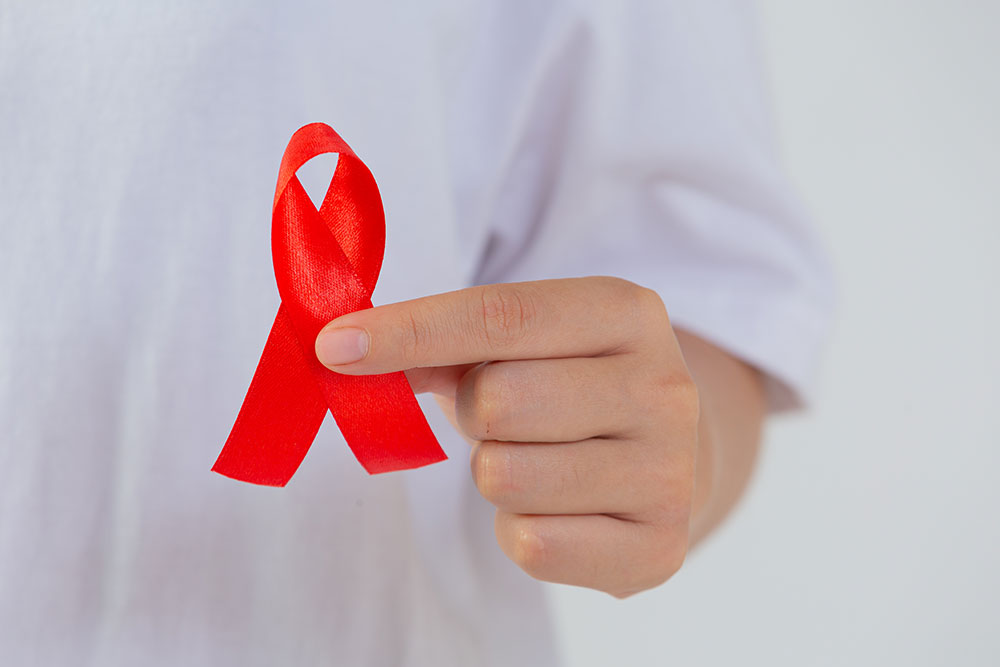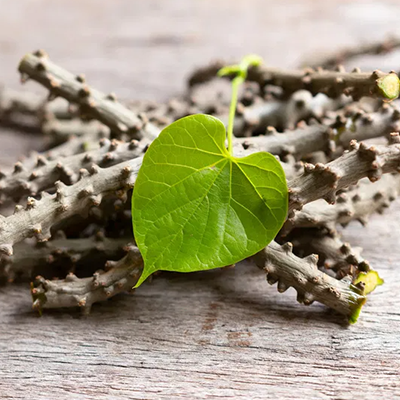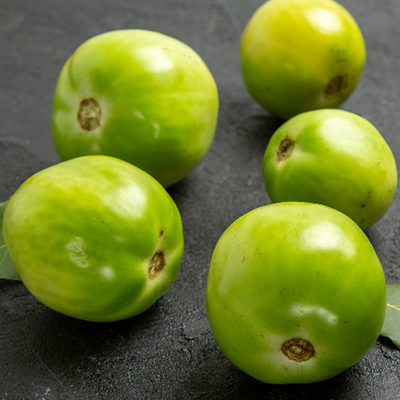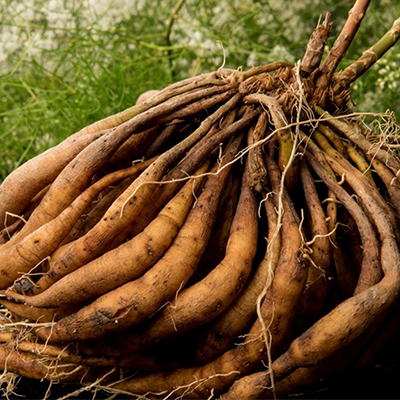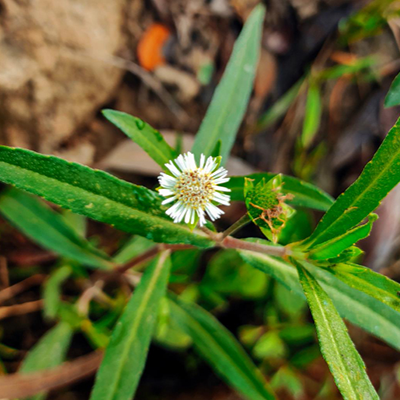HIV (Human Immunodeficiency Virus) is a virus that attacks the immune system, specifically the CD4 cells (T cells), which are important for fighting infections. If untreated, HIV weakens the immune system, making the body more susceptible to infections and diseases. Over time, HIV can progress to AIDS (Acquired Immunodeficiency Syndrome), which is the most severe stage of HIV infection.
HIV vs. AIDS
- HIV: The virus that causes the infection. A person with HIV can live a long and healthy life with proper treatment.
- AIDS: A condition that occurs when HIV is not treated, and the immune system becomes severely damaged, leading to life-threatening infections and diseases.
How HIV Spreads?
HIV is transmitted through certain body fluids, such as:
- Blood
- Semen
- Vaginal and rectal fluids
- Breast milk
Common Modes of Transmission
- Unprotected sexual contact.
- Sharing needles or syringes.
- Blood transfusions (in rare cases).
- From mother to child during pregnancy, childbirth, or breastfeeding.
- HIV is not spread by casual contact like hugging, sharing utensils, or through the air.
Signs and Symptoms of HIV
Early Stage (Acute HIV Infection):
- Flu-like symptoms (fever, chills, sore throat, body aches).
- Swollen lymph nodes
Chronic Stage (Latent HIV):
- Often no symptoms, but the virus is active and slowly damaging the immune system.
AIDS Stage:
- Persistent fever.
- Night sweats.
- Rapid weight loss.
- Chronic diarrhoea.
- Opportunistic infections (like tuberculosis, pneumonia, or certain cancers).
Ayurvedic Interpretation of HIV and AIDS
In Ayurveda, HIV/AIDS can be linked to a condition called Ojakshaya, which refers to the depletion of Ojas, the vital energy responsible for immunity, strength, and vitality. Ojas is considered the essence of all bodily tissues (Dhatus), and its loss leads to severe weakness and susceptibility to diseases.
Symptoms of Ojakshaya in Ayurveda (Similar to AIDS)
- Chronic fatigue and weakness.
- Loss of weight and muscle mass.
- Persistent fever and infections.
- Digestive issues like diarrhoea.
- Skin discoloration or lesions.
- Depressed mental state and lack of vitality.
Ayurvedic Management of HIV/AIDS
Ayurveda aims to boost the immune system, improve vitality, and manage symptoms through a holistic approach that includes herbal remedies, Panchakarma therapies, diet, and lifestyle modifications.
Herbal Remedies (Rasayanas for Immunity and Rejuvenation)
1. Ashwagandha (Withania somnifera):
- Strengthens immunity, reduces stress, and improves vitality.
- Dosage: 1-2 grams of powder or capsules twice daily.
2. Guduchi (Tinospora cordifolia):
- Enhances the immune response and detoxifies the body.
- Dosage: 1-2 grams of powder or decoction daily.
3. Amalaki (Indian Gooseberry):
- A powerful antioxidant and rejuvenator, rich in Vitamin C.
- Dosage: 1 teaspoon of powder or juice daily.
4. Shatavari (Asparagus racemosus):
- Promotes tissue regeneration and boosts energy levels.
- Dosage: 1-2 teaspoons of powder with milk.
5. Bhringaraj (Eclipta prostrata):
Strengthens the body and improves mental health.
Panchakarma procedures
Panchakarma detoxifies the body, balances doshas, and rejuvenates tissues.
1. Abhyanga (Oil Massage):
- Strengthens the body and relieves stress.
2. Basti (Medicated Enema):
- Balances Vata dosha and nourishes tissues.
3. Rasayana Therapy:
- Focuses on rejuvenation and improving overall vitality through special formulations and dietary practices.
Dietary Recommendations
Foods to Include:
- Fresh fruits like pomegranates, apples, and grapes.
- Vegetables like spinach, carrots, and beets.
- Whole grains such as wheat and rice.
- Dairy products like milk and ghee (if tolerated).
- Nuts and seeds for healthy fats (almonds, sesame seeds).
Foods to Avoid:
- Spicy, fried, and processed foods.
- Excessive caffeine, alcohol, and refined sugars.
Lifestyle Modifications:
1. Yoga and Meditation:
- Helps reduce stress and balance the mind. Postures like Bhujangasana (Cobra Pose) and Shavasana (Corpse Pose) can be beneficial.
2. Regular Sleep:
- Maintain a consistent sleep routine to support immunity and recovery.
3. Avoid Overexertion:
- Engage in gentle physical activities to conserve energy.


